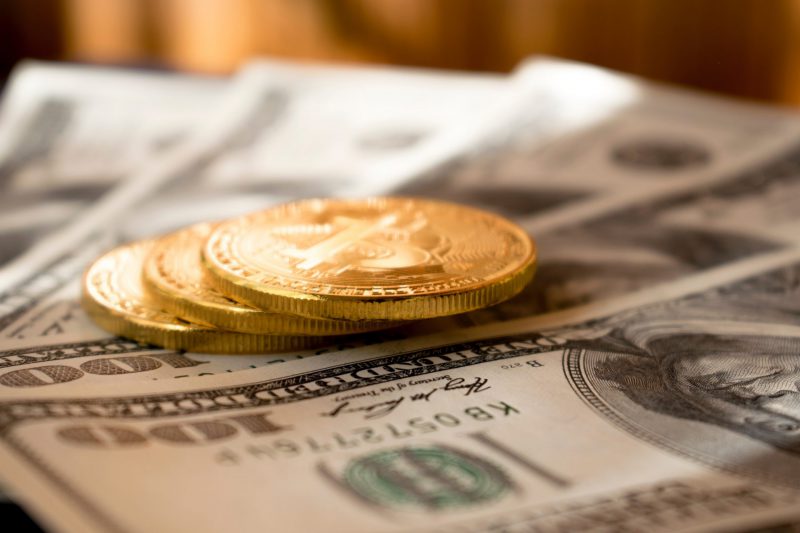The Ultimate Fighting Championship (UFC) fighter, Luana Pinheiro made history as she signed a partnership with Bitwage to receive the entirety of her salaried income in the dominant cryptocurrency, bitcoin. Consequently, she became the first-ever Brazilian sportswoman to do the same.
Pinheiro, who would formerly convert all her fiat payments to bitcoin immediately through Bitwage, asserted the prominence of bitcoin’s price volatility. She noted that,
“If it weren’t volatile, it wouldn’t go up either”.
The UFC fighter explained that “it takes an average of 10-15 years for an individual to obtain a black belt in Brazil in Jiu Jitsu, so my time preference here is just as long, if not longer. Everything else is just noise to me and the lower the price, the more Bitcoin I can secure for the future”.
Inflation Drives Bitcoin Adoption
While explaining why she chose to go all in with bitcoin, Pinheiro highlighted its use-case of being an inflationary hedge. She emphasized her Latin-American roots, pointing out the ill effects of currency devaluation. She said, “don’t forget I’m from Brazil, so I know a thing or two about inflation and its effects. I was born around 1994, around the time the Brazilian currency Real was introduced and pegged 1:1 to the U.S. dollar at the time. It is now 5 BRL for 1 USD. Bitcoin is for that, to protect against inflation”.
Earlier this year, during the Russia-Ukraine conflict, global financial markets realized that crypto shines when fiat declines. Following this, a survey-based report by Gemini titled ‘2022 Global State of Crypto report’ determined that across the globe, inflation is a major reason for the rise in crypto adoption.
According to the report, countries experiencing long-term hyperinflation saw the majority of respondents define crypto as the future of money. Both, Latin America and Africa had the highest pro-crypto responses with the average respondents, amounting to 59% and 58%, respectively, relying on their crypto investments.
Furthermore, respondents in countries with 50% or more native fiat devaluation against the dollar over the last 10 years were more than 5 times as likely to say they plan to purchase crypto in 2022, compared to those who experienced less than 50% inflation over the same time period.
In addition to this, the report also displayed that more crypto owners were resorting to the buy and hold method, viewing crypto as a long-term investment as opposed to actively trading (buying and selling) cryptocurrency as a way to achieve profits.





